As Scottish wholesaler JW Filshill turns 150, its CEO is looking to an AI-filled future but without losing sight of its heritage
The day The Grocer met Simon Hannah was ‘Blue Monday’, when people’s outlook is supposedly at its gloomiest. And it prompted the CEO of JW Filshill, Scotland’s oldest independent wholesaler, to recall a conversation he had when taking over the business from his father in 2011.
For the keys to the kingdom came with a disclaimer. “I remember my dad saying to me on the last day: ‘Learning how the business works is one thing, but the most important thing is learning the people – understanding who they are, who their families are, their goals and the stuff they’re interested in.’”
The message stuck with the younger Hannah, who embarked on a journey to understand how every cog of the Filshill machine worked.
“I got my forklift licence, then my truck licence. All the things we ask our guys to do now, I’ve done through my career. And I think that’s set me well for running and leading the business, because I understand what happens at every stage of the journey of a product.”
Filshill as a whole has also gone all in on understanding and supporting its people, particularly when it comes to mental health, making those vital conversations part of its business plan.
“We begin every meeting with a two-word check-in: one word to describe how you’re feeling at home, and one to describe how you’re feeling at work,” Hannah says. “We introduced it during Covid – it was obvious a lot of people were struggling.”

Name: Simon Hannah
Born: Paisley, Renfrewshire
Lives: Kilmacolm, Renfrewshire
Age: 47
Family: Married to Laura, with three kids. My brother Nick also works in the business
Potted CV: Started in replenishment team at Filshill in 1998 and then worked in the warehouse, tobacco store, marshalling and loading, sales and commercial
Business icon: Peter Hinssen
Book currently reading: The Happy Index by James Timpson
Hobbies: Playing golf and watching rugby. I used to captain the Scottish schools rugby team
Favourite album: Final Straw by Snow Patrol
Favourite Filshill product: Eldorado Tonic Wine
Tough times taught Filshill investing in mental health and wellbeing was the “right thing” to do – not just to support employees but to help the business thrive. “With time, we saw people started getting more relaxed and productive at work. They felt recognised and truly supported,” Hannah says.
Since then, the wholesaler has trained 36 mental health first-aiders and six cancer ambassadors – about 15% of its 250-strong workforce. External counsellors regularly provide training on topics including suicide prevention, self-harm, eating disorders, menopause, nutrition and gambling.
But for Hannah, the true change starts when the ripple effect is felt across the industry and community. The company’s mental health first-aiders have to date made over 400 support interventions to both staff and suppliers. And it’s not stopping there. It plans to train 150 customers of KeyStore, its convenience arm, to become mental health ambassadors in their communities.
“The west of Scotland, where we’re based, suffers from a strong ‘alpha male’ culture, in which emotions are rarely discussed and families are impacted,” he says. “It’s been a challenging but incredible journey. We’ve had people who work for big fmcg companies get in touch saying they’re really struggling and can’t get any help internally. They come and speak to one of our guys.”
More on AI:
-
Buyer’s Guide: How ‘agri-AI’ technology is changing farming
-
Ant-inspired ‘hairy gripper’ boost for robotic picking in Ocado and Amazon backed research
-
Foodservice supplier The Menu Partners taps AI for ‘instant’ order processing
This cultural shift is one of many “incredible journeys” Filshill has been on. Celebrating this year its 150th anniversary it’s been transformed from a small confectionery manufacturer Filshill Toffees in 1875 to a wholesaler turning over hundreds of millions. And each generation has played its role.
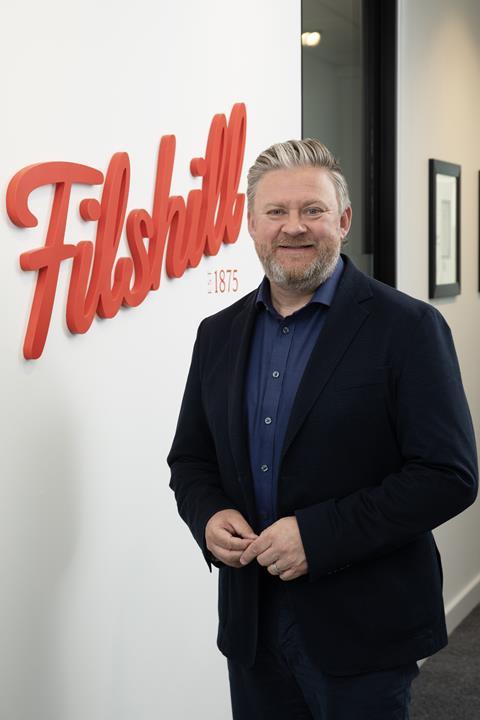
After Hannah’s grandfather moved Filshill out of manufacturing into cash & carry and delivered wholesale distribution in the 1960s, Hannah’s father “took a big leap and bought a much bigger warehouse in 1994. At the time, this caused uncertainty, almost panic. But it worked, and it put us on the path to where we are today,” Hannah says, enabling the creation of its KeyStore symbol operation. “Every generation innovated when they picked up the reins.”
Transformational year
In Simon Hannah’s case that’s included moving to an even bigger warehouse, relocating in 2023 from Hillington to a new, purpose-built distribution centre at Westway Park near Glasgow Airport – at the time, Scotland’s largest pre-let property deal in 20 years.
The move helped pave the way for a “transformational” year says Hannah. Sales rose 5.9% to £214.8m in the year to January 2024, aided by a new website.
Despite the impressive numbers, it’s only ever a matter of time before any wholesaler mentions the sector’s “wafer-thin” margins – and how there’s no secret recipe for improving them, just a mix of good communication with suppliers and savvy forecasting. But sometimes even that’s not enough.
“There’s so much business being left on the table. Millions of pounds’ worth of turnover is lost in our sector because of poor availability,” Hannah says.
Here, he’s echoing a wider feeling in the sector: of losing sales because of disruptions in the supply chain due to various factors, from the aftermath of Covid to conflicts in Ukraine and the Middle East.
More Big Interviews:
-
Tom Molnar’s simple mantra at Gail’s: doing bread better
-
Renée Elliott’s story of Planet Organic’s ‘miracle’ turnaround
-
Kris Boger on his mission to grow sales on TikTok
-
Farshad Kazemian: the butcher on a sustainable mission
“There’s still a long way to go to make the sector the best it can be, and part of that comes down to the things you can control, such as sustainability and tech,” he says.
Which leads to a topic that causes his eyes to sparkle: his journey to becoming an AI tutor. “I was incredibly AI-curious,” he says. “But I knew nothing about it.”
To help remedy this, last year he embarked on an intensive AI learning course for business – a perk of being a member of the global CEO network Young Presidents’ Organization.
“When I came back from those two weeks, I saw it as an opportunity to take half a dozen of my team from different departments – from HR and marketing to commercial – on a deep learning journey over the next 10 weeks,” he says. “AI is here to stay, so ultimately it’s about getting to a point where we can use the data in machine learning, predictive analysis and optimisation in a way that makes us stand out from the pack.”
Alongside investment in its people, AI is expected to form part of the plan if not for the next 150 years at JW Filshill then certainly to fulfil its stretching goals despite the broader economic outlook.
“Our 10-year target, which we set in 2021, when we were a £150m turnover business, was to be a £350m turnover business by February 2031,” he says. “But numbers aside, we always want to be reactive, proactive and committed to keep delivering food and drink to people’s homes for the next 150 years and beyond. We’re a family business – and we’re a business for families.”

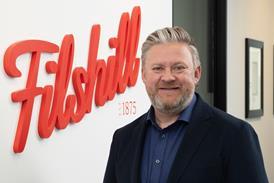

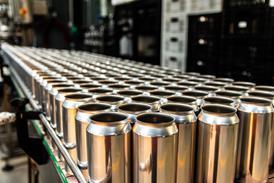
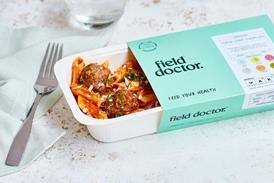
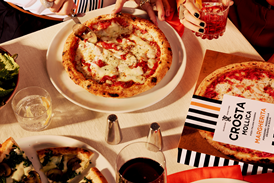

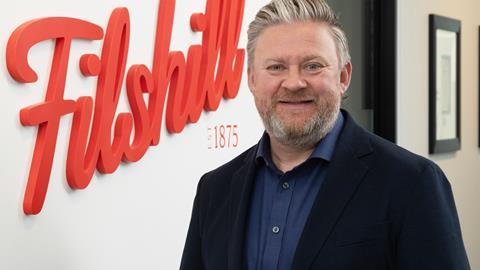
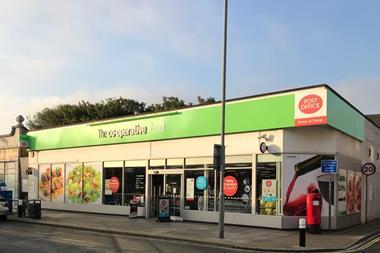
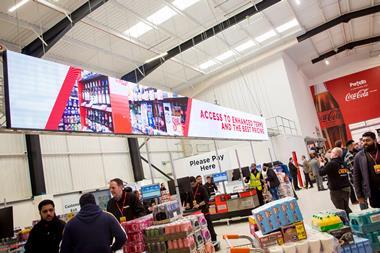
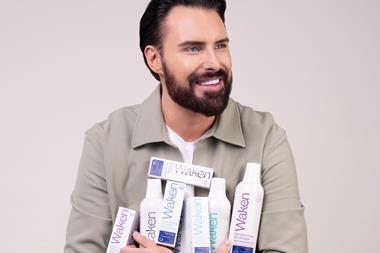
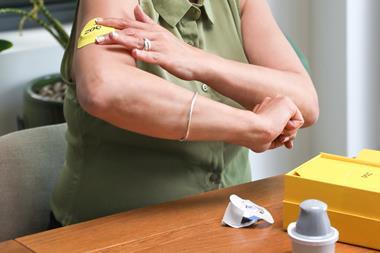
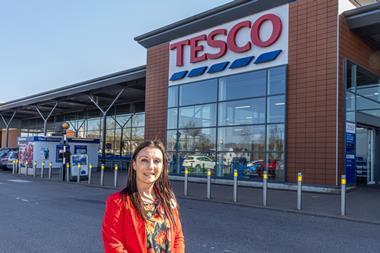
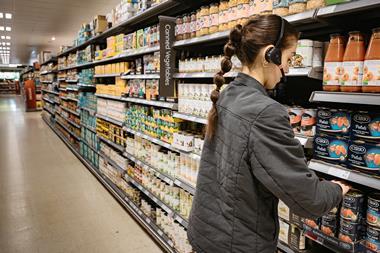
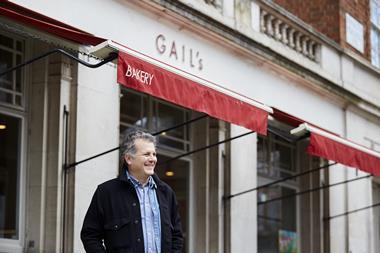
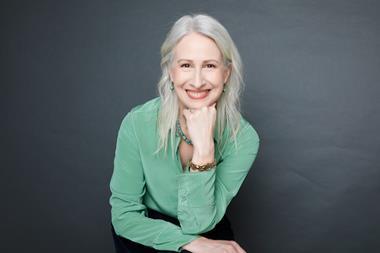
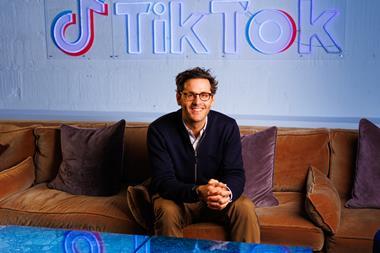

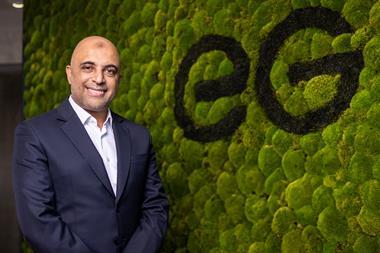
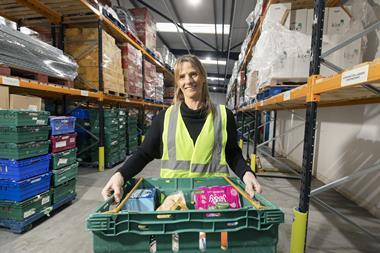
No comments yet